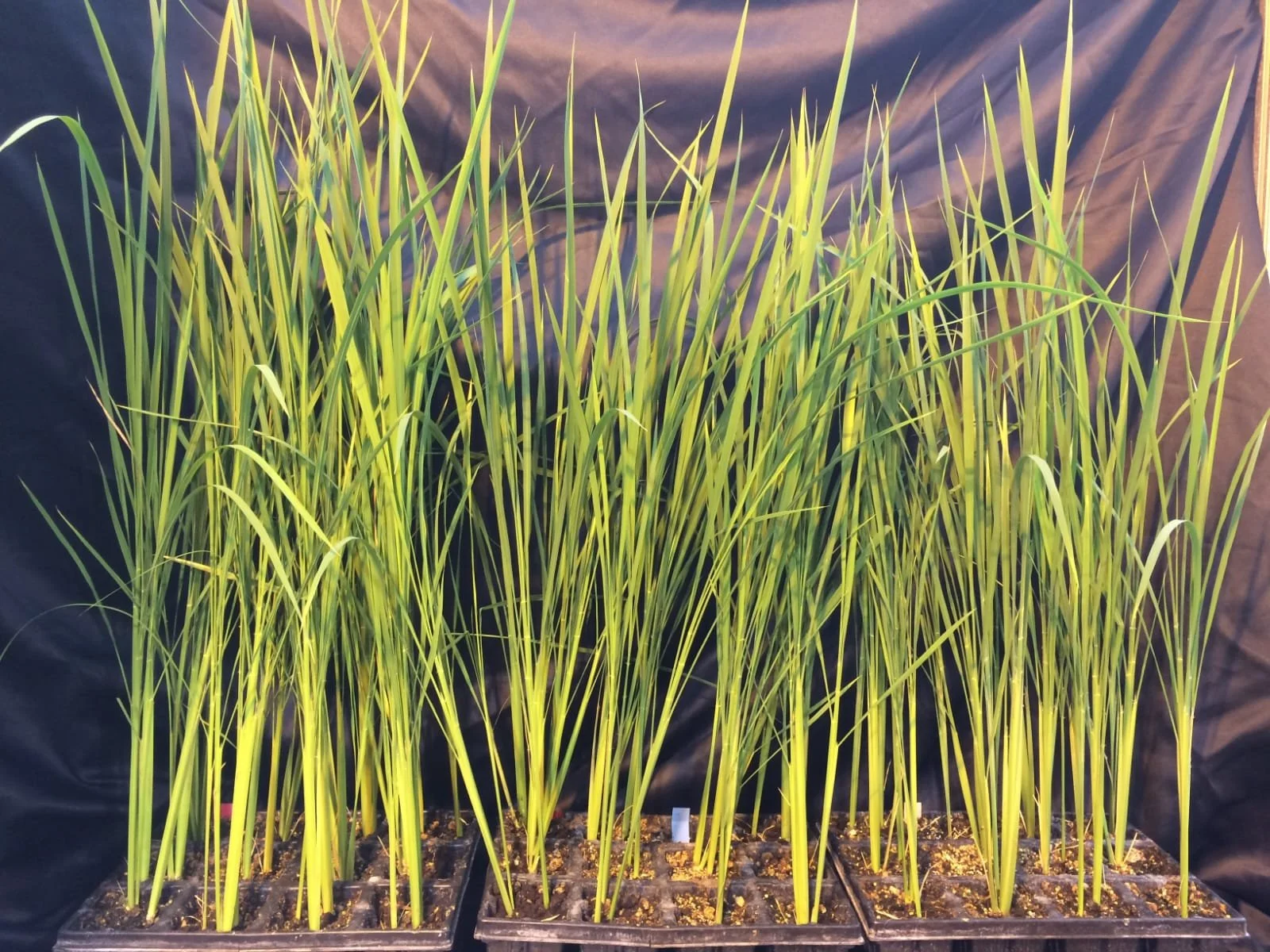Have you ever wondered if there's a way to make plastic disappear after it's no longer needed? Researchers at the University of California San Diego might have found an answer. They developed a new type of plastic called thermoplastic polyurethane (TPU).
Unlike traditional plastics, this material is biodegradable, which could significantly lessen the environmental impact of the plastic industry. TPU is commonly used in products such as footwear, floor mats, cushions, and memory foam. This new biodegradable variant incorporates bacterial spores that enable the plastic to decompose naturally in compost conditions.
A new type of "living plastic" is created by merging thermoplastic polyurethane pellets and engineered Bacillus subtilis spores, which are designed to withstand the high temperatures involved in the plastic production process (Image Credit: David Baillot/UC San Diego Jacobs School of Engineering)
How Does This Biodegradable Plastic Work?
The core innovation in this biodegradable TPU is the use of bacterial spores from the Bacillus subtilis strain, known for its plastic-degrading abilities. These spores are not only resilient to harsh conditions due to their protective protein shields, but they also possess the capability to use TPU as their carbon source. This allows the spores to remain dormant until they find an ideal environment, like compost, where they can germinate and start the degradation process. Remarkably, the degradation process can achieve up to 90% effectiveness within just five months, even in environments devoid of other microbes.
The production process of this biodegradable plastic involves blending the Bacillus subtilis spores with TPU pellets, which are then heated and extruded to form thin plastic strips. These strips are subsequently tested in various compost setups to ensure their biodegradability. This method demonstrates a significant advancement in the way materials can self-decompose, offering a more versatile solution to plastic pollution.
Potential Impacts and Future Directions
The development of this biodegradable TPU is not just about reducing plastic waste; it also improves the material's strength and stretchability. This enhancement is likened to how rebar reinforces concrete, indicating a potential for broader applications in various industries without compromising material integrity. The ongoing research aims to not only perfect this technology at larger scales but also to speed up the degradation process and expand the types of plastics that can be biodegraded.
Strips of standard TPU (top) and "living" TPU (bottom) are shown at various stages of decomposition after spending five months in a composting environment. (Image Credit: David Baillot/UC San Diego Jacobs School of Engineering)
The researchers at UC San Diego are optimistic about the practical applications of this technology. They are currently focusing on adapting this process for industrial-scale production and exploring other plastics that could benefit from this biodegradable technology. This innovation could pave the way for more sustainable material usage across multiple sectors and significantly cut down the ecological damage caused by plastic waste.
This promising development highlights the power of combining biological science with material engineering to create solutions that are not only environmentally friendly but also economically viable and beneficial across various applications. As research progresses, it could lead to a significant transformation in how we produce and dispose of plastic products, aligning industrial practices with environmental sustainability.
If you are interested in more details about the study, be sure to check out the paper published in the peer-reviewed science journal Nature Communications, listed below.
Sources and further reading:
Dutch scientists may have solved the missing plastic paradox (Universal-Sci)
Scientists discovered that microbes can rid lakes of plastic contamination (Universal-Sci)
Biocomposite thermoplastic polyurethanes containing evolved bacterial spores as living fillers to facilitate polymer disintegration (Nature Communications)
Too busy to follow science news during the week? - Consider subscribing to our (free) newsletter - (Universal-Sci Weekly) - and get the 5 most interesting science articles of the week in your inbox
FEATURED ARTICLES:






